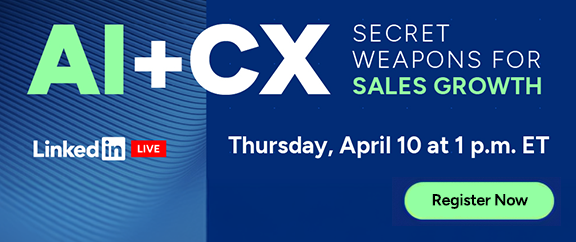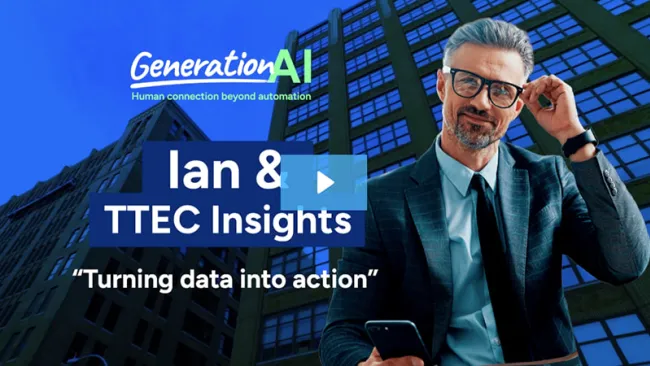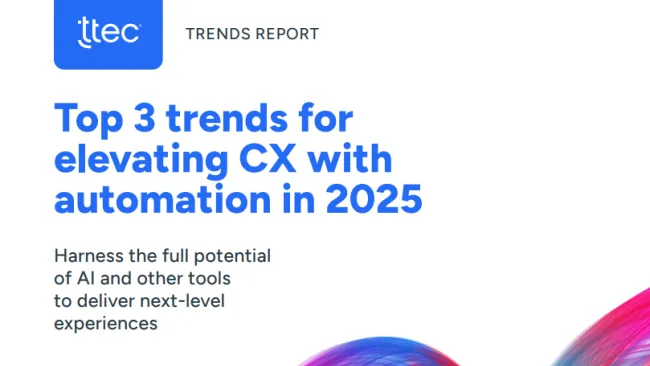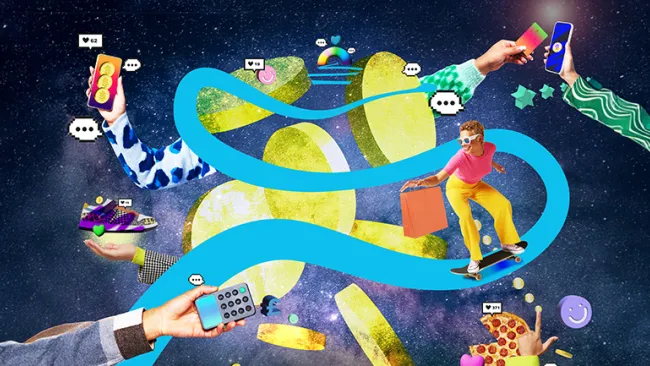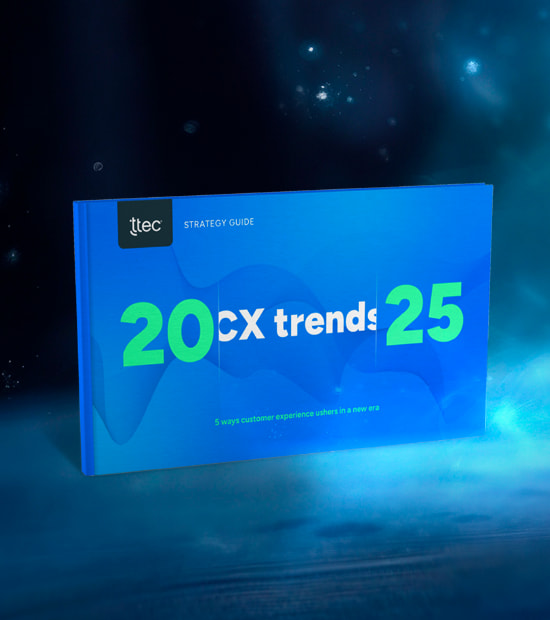As you may or may not know, I recently embarked on a new adventure here at TTEC. I am excited for all that comes with learning about a vibrant new culture, embracing new capabilities, and for the opportunity to be part of talented team focused on shaping the future of customer engagement.
I meet with CXO executive often to discuss the impacts of customer experience, differentiated service, and monetizing analytics to drive growth. Without a doubt, there is unanimous consensus that we are in the midst of transformational wave of hyper customer focus, where winners and losers will be determined by how well they deliver on their promise to customers across the lifecycle of their relationship. As I look at the required capabilities to not only deliver technology, insights, operational optimization, and the very complex humanizing components of CX, I am overwhelmed with unrivaled ability of TTEC to leverage our end-to-end assets to lead progressive firms in harvesting the untapped potential sitting within their customer base.
Companies everywhere are scrambling to meet evolving customer needs at scale. Many are looking to automation and other technologies to balance costs with service. And as we engage with our clients, we see all too often simplicity is overlooked, leading to failed CX initiatives or suboptimal employee experience that becomes a roadblock to optimization.
The latest shiny object won’t amount to true business impact without taking the customer experience into account. So, before you deploy any CX initiative, consider this:
Have you built the foundation of your organization on a “Customer First” strategy? Are you relentless in achieving customer intimacy? Are you incenting and empowering the right behaviors at every touchpoint of the customer journey?
Technology comes and goes, but what truly builds a brand is its culture. Many companies are sales-driven and revenue focused. Decisions are made that have the most impact on the bottom line. This lens prioritizes initiatives and decisions with the quickest return, which may not be the best decision for customers, and therefore the business in the long run.
For long-term strength, a customer-first culture is required. Customers don’t have the patience to deal with poor experiences, especially in today’s climate. Without a solid relationship on which to build, they will easily drop you if they don’t feel you understand them. If they don’t trust you, they’re gone.
This is why too much focus on technology without considering its impact on customers is a recipe for disaster. Bots and self-service are wonderful tools, if deployed correctly. A bot has no emotion. It can’t build rapport, create empathy, or engender trust with a customer. Only people can do that.
Why trust matters
In both B2B and B2C environments, speed, transparency, accuracy, and availability are now table stakes. To create differentiation we need to reach beyond building stickiness with customers. Differentiation demands a level of trust and consistency in performance that includes understanding the seen and unseen needs of the client, proactive and prescriptive engagement, and of course as we have all heard—best next action capabilities. Adding to the complexity is the art of providing high quality engagement with empathy, and consistency, at mass scale. This ever increasing the level of difficulty in CX-elevated experience for personalized interactions in an omnichannel environment is where the battles lines of sales and service will be won.
So why does it matter? Choice. Quite simply customers in B2B and B2C both have endless choices to abandon a brand at any time. Why do they stay? Quality, speed, consistency, and the great equalizer—convenience.
Understanding your customers will help you answer the question, “What does quality, speed, consistency, and convenience actually mean for my customers?” To do this, you need to create a corporate culture that values customers, so they will be willing to share what matters most in their experiences with you. Only when this level of relationship exists, will CX initiatives make the biggest positive impact and provide the CXROI companies are seeking. Bots and technology can only take this level of trust so far. “Customer-first culture, relentless pursuit of streamlined customer lifecycle processes, and employee engagement” should be the mantra across any organization that aspires to lead the market in explosive customer growth.
These issues are tough ones to tackle, and different companies may need to try a number of ways to engender trust and create a customer-first culture. There is so much potential out there for companies to make strides. The successful ones will leverage technology to build on authenticity and the human touch. It’s an exciting time, and I look forward to working alongside companies as they navigate the ever-changing world of customer engagement.
CX Success Begins and Ends With the Customer

